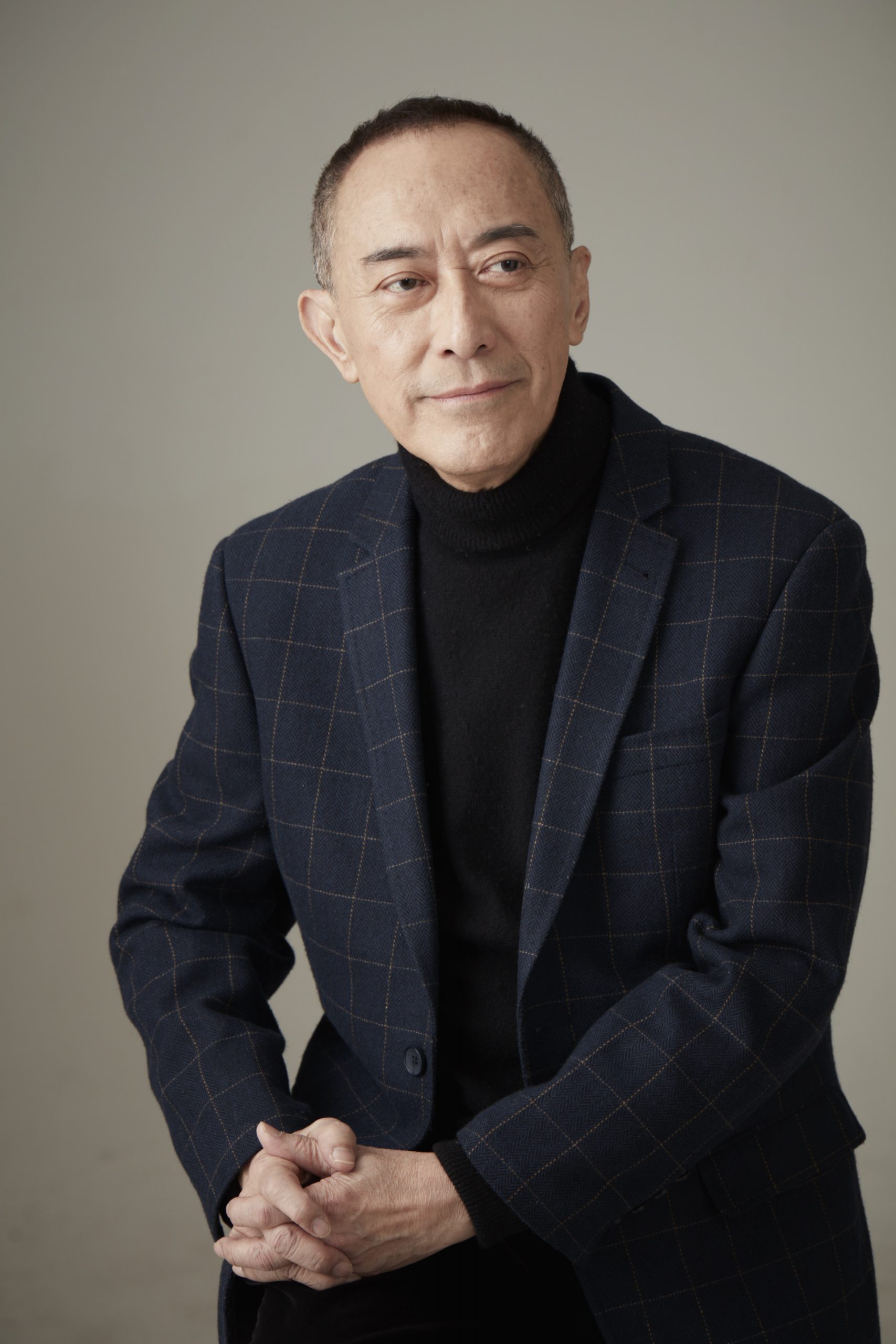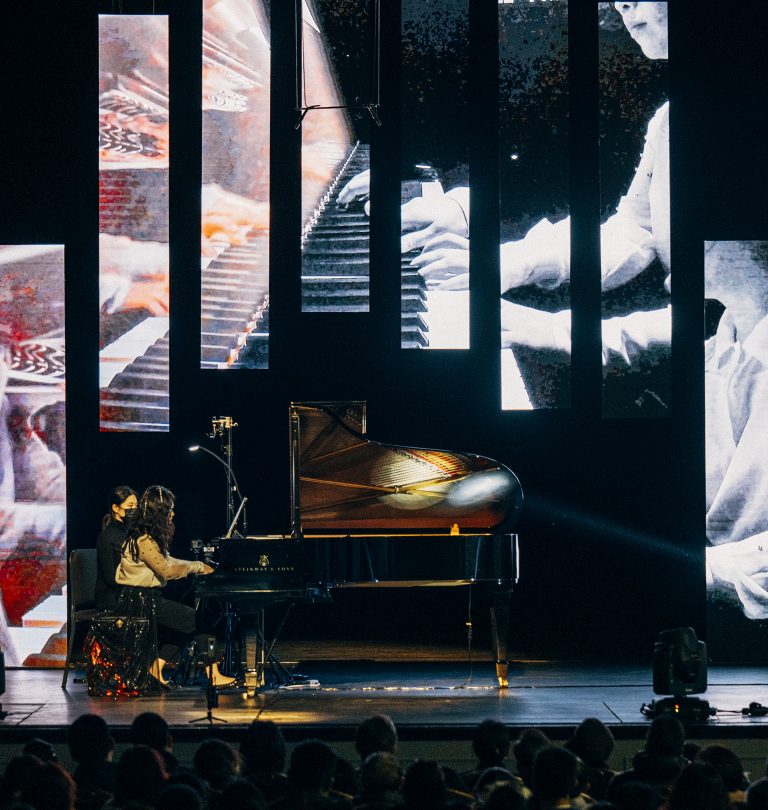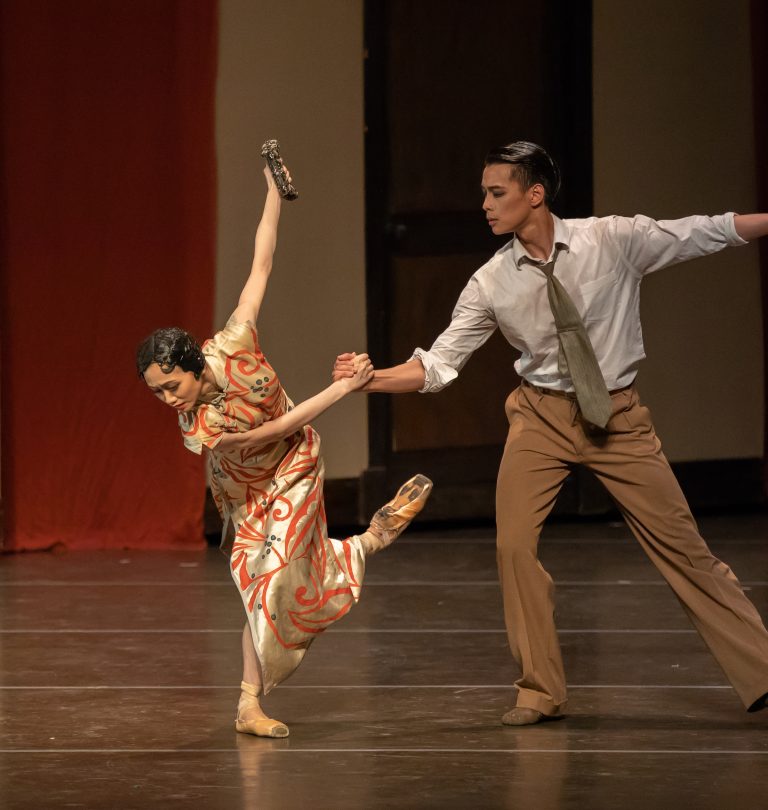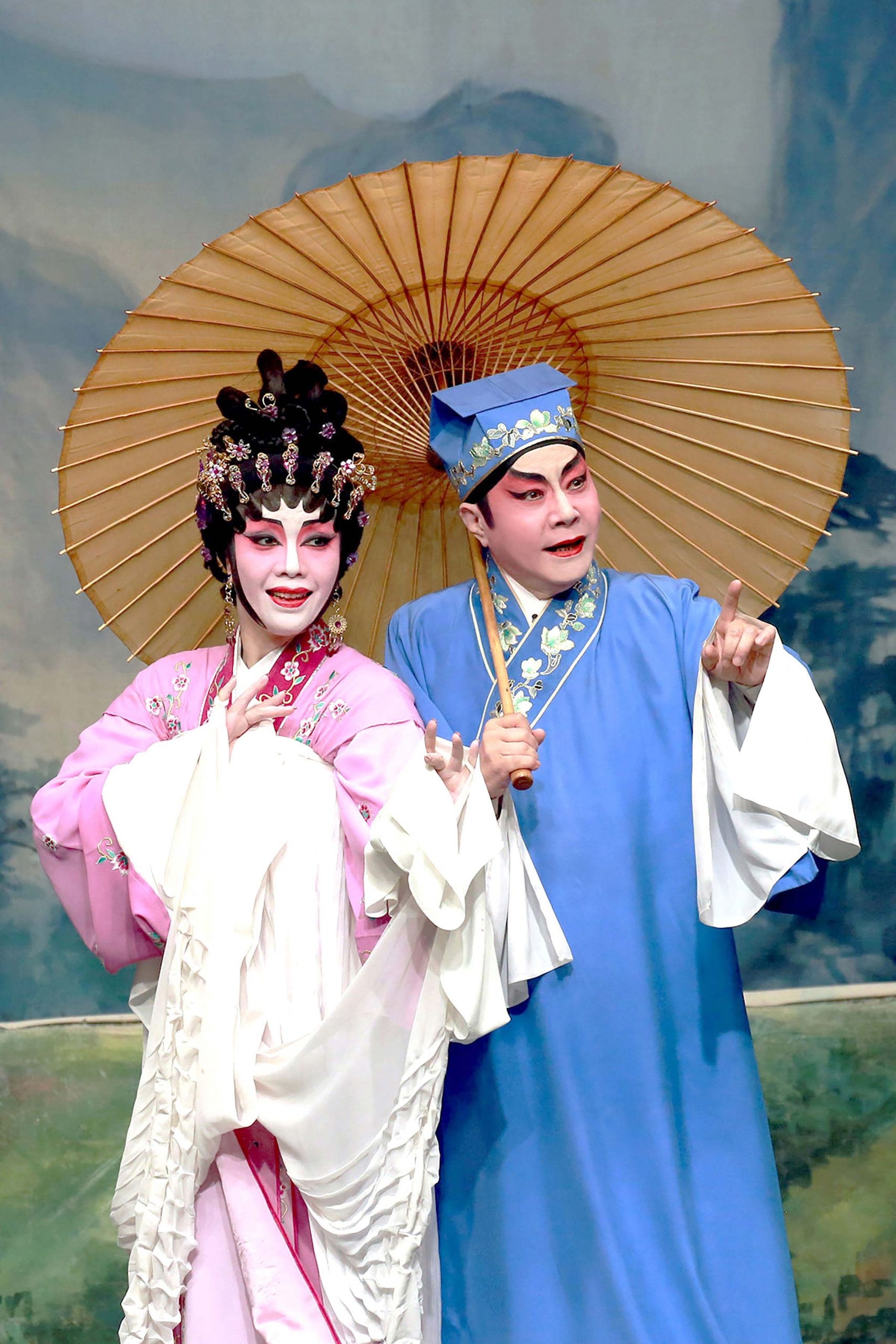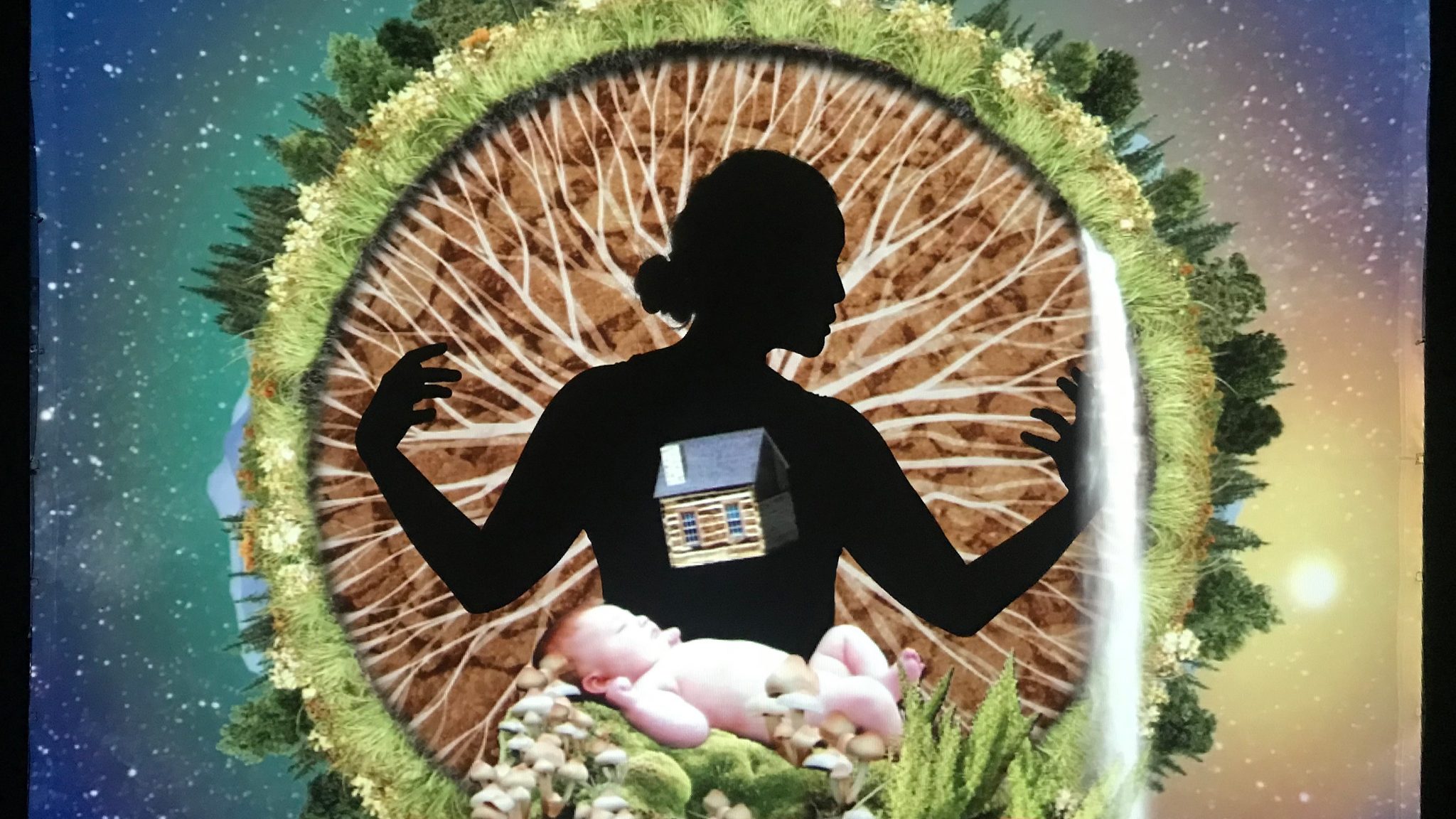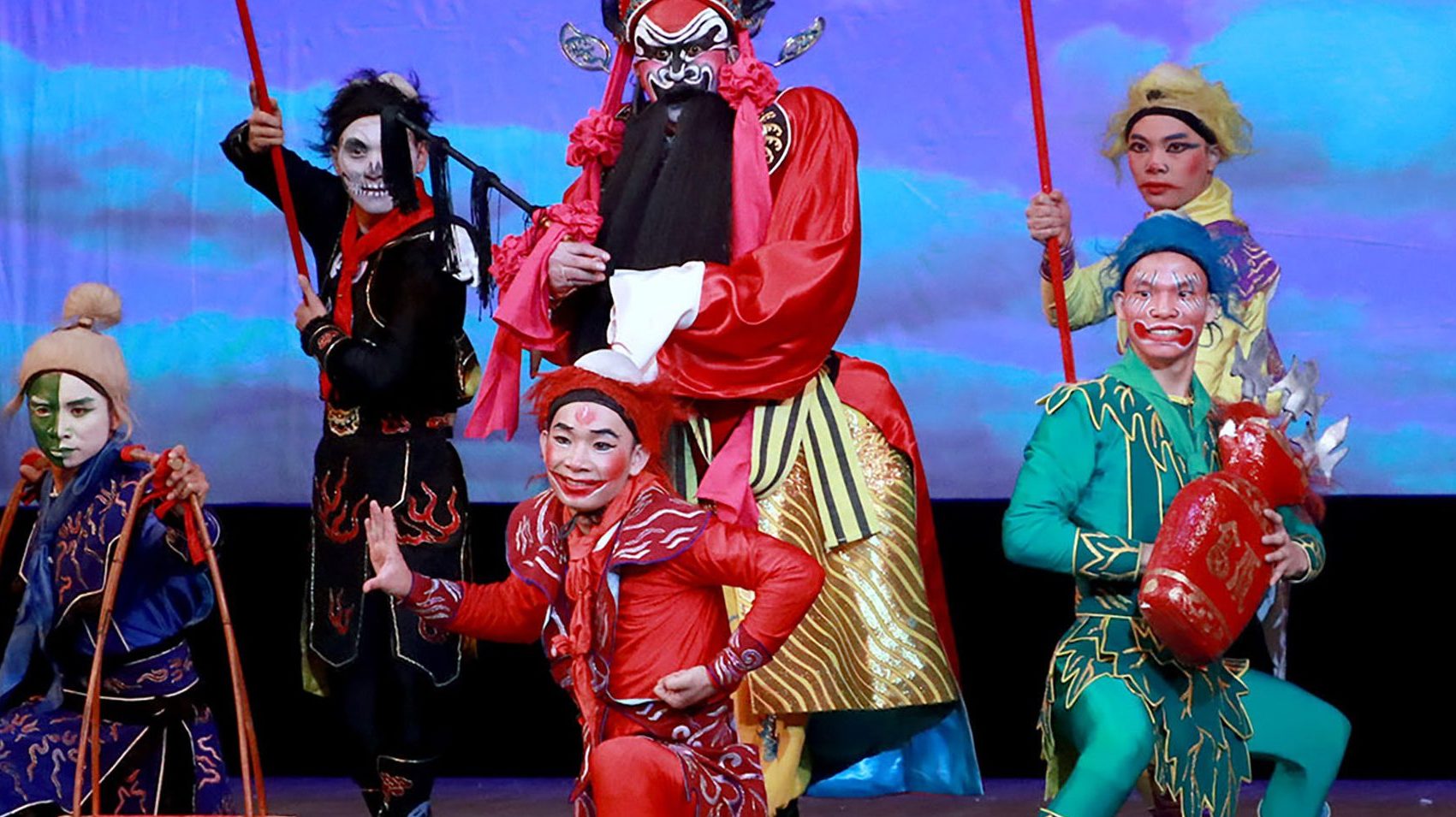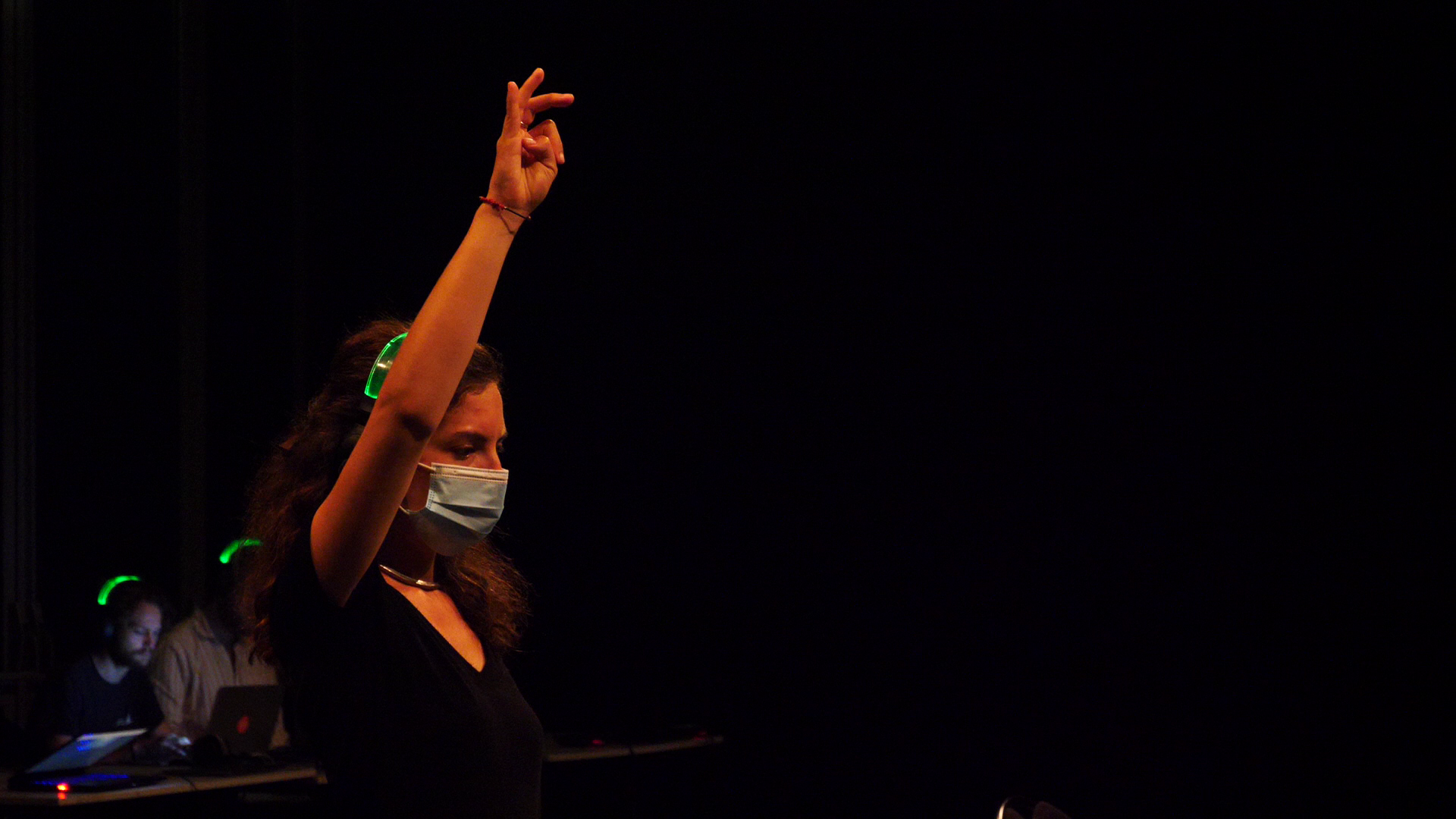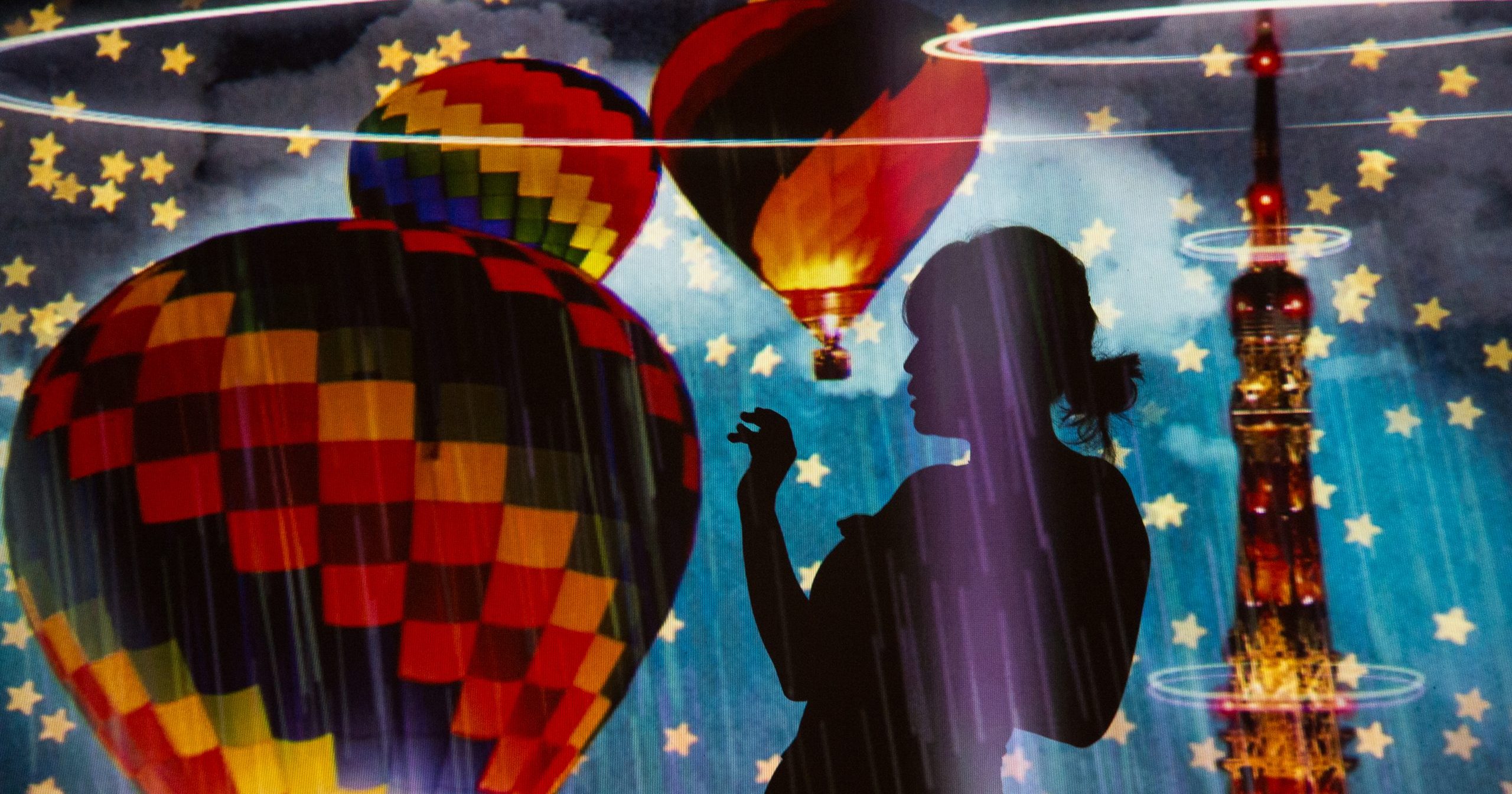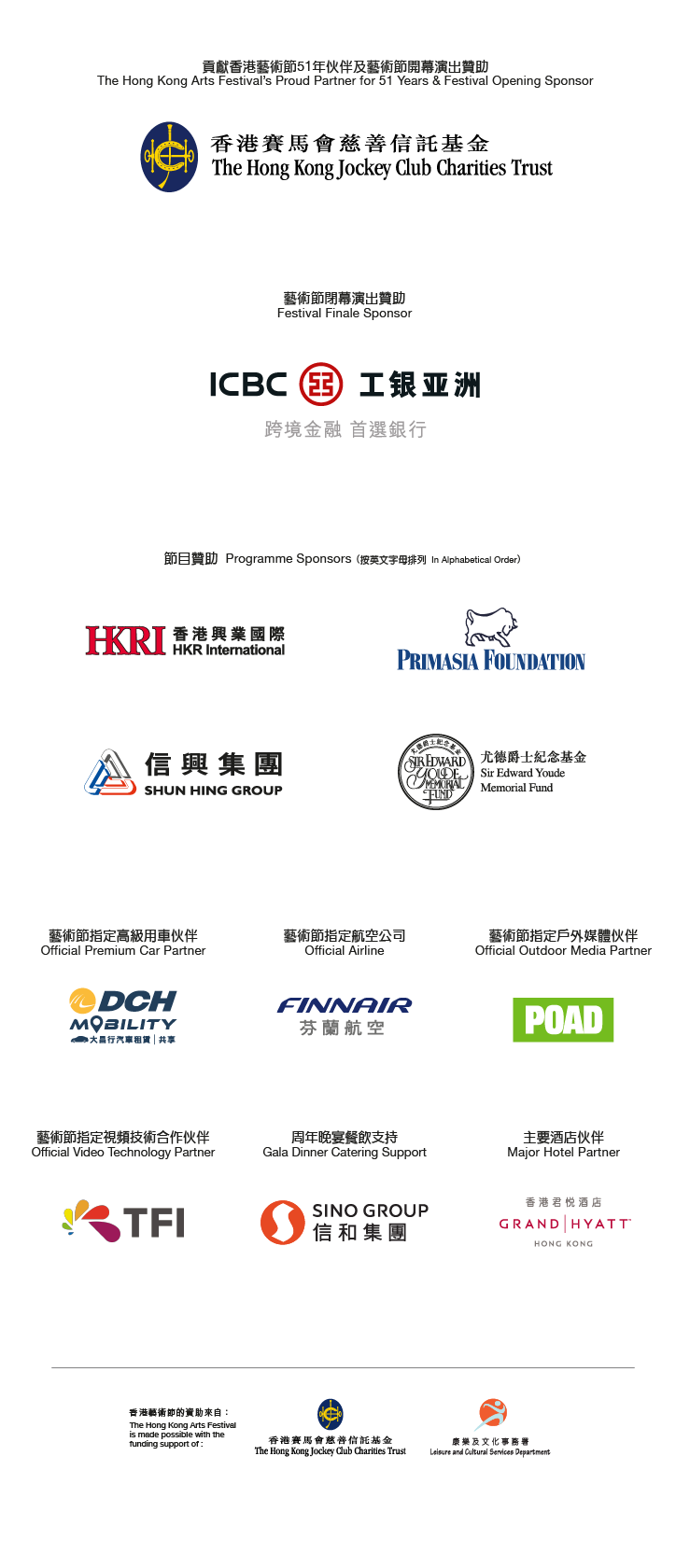Veteran theatre director Fredric Mao is known for being an ardent Chinese opera fan. For several years, Fredric has been dedicated to setting a brand-new direction for the development of traditional Chinese opera with a modern approach. From script to production, rehearsal to performance, Fredric strives to unveil the essence of different aspects of Chinese opera through modern theatre concepts, to explore new artistic dimensions of the works while preserving their original core values.
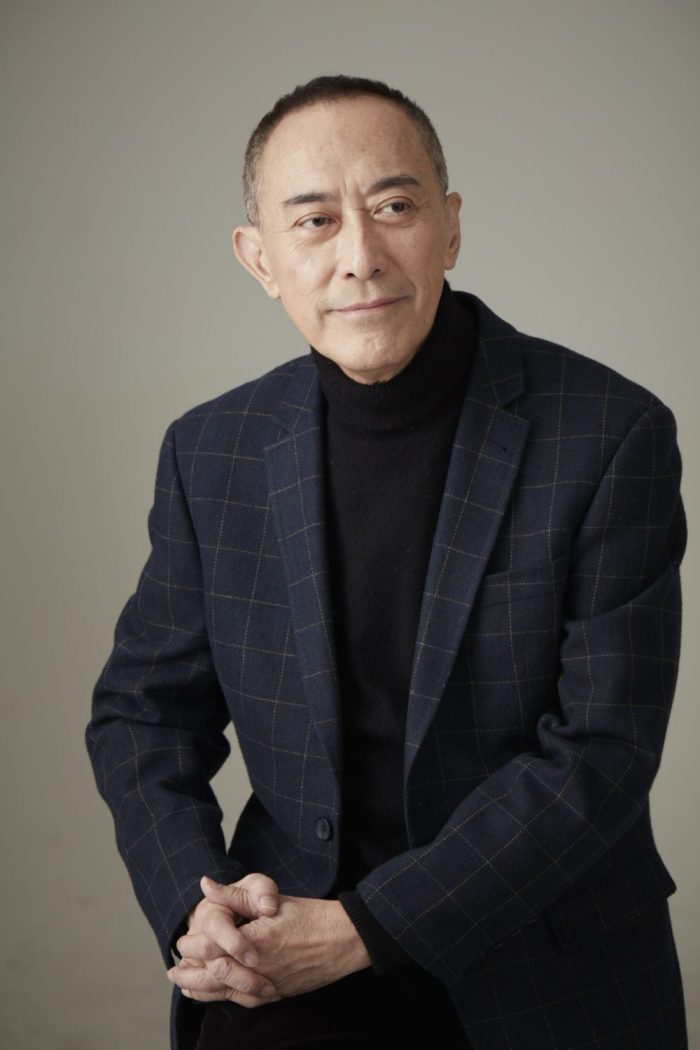
In 2018, Fredric adapted and directed the Cantonese opera classic Pavilion of a Hundred Flowers for the Hong Kong Arts Festival with unprecedented success, changing the perceptions of many audiences, new and seasoned alike, of Cantonese opera. In 2022, Fredric is bringing to the HKAF Cantonese Opera Creative Studio, another innovative Cantonese opera programme. Using the format of a workshop, the performance will showcase three play excerpts in a continuous effort to explore and to examine new development possibilities for Cantonese opera.
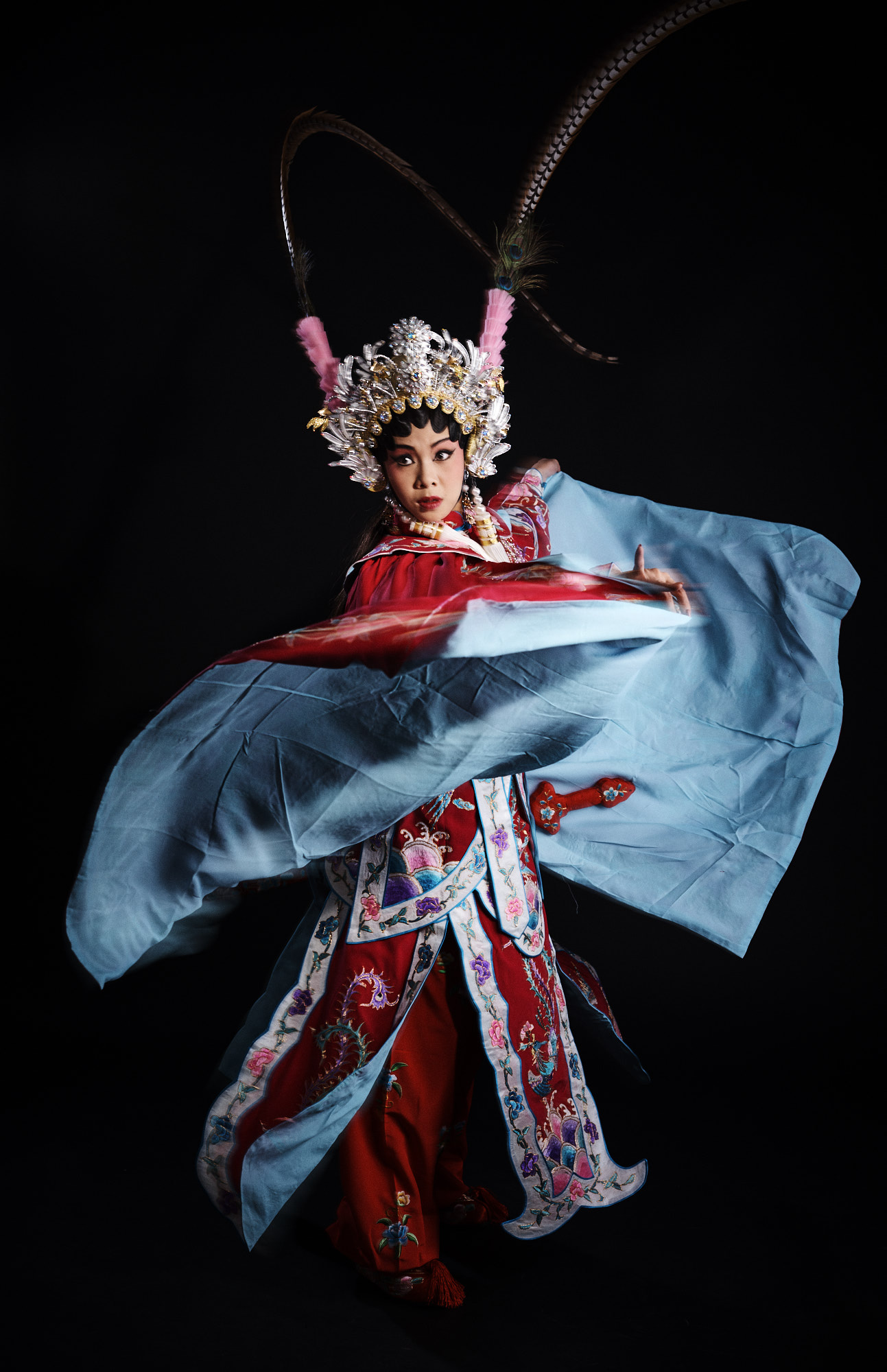
Could you please share with us the curatorial rationales behind the Cantonese Opera Creative Studio
Pavilion of Hundred Flowers has achieved tremendous success not only at the HKAF but also the subsequent tours in China. Originally, we planned to stage a brand-new special edition in the UK in 2020, but unfortunately it was cancelled due to the pandemic. When the HKAF learnt about it, they proposed to stage this special edition at their coming 50th anniversary. After much discussion, we decided to use the format of a workshop to bring a different Cantonese opera experience to audiences.
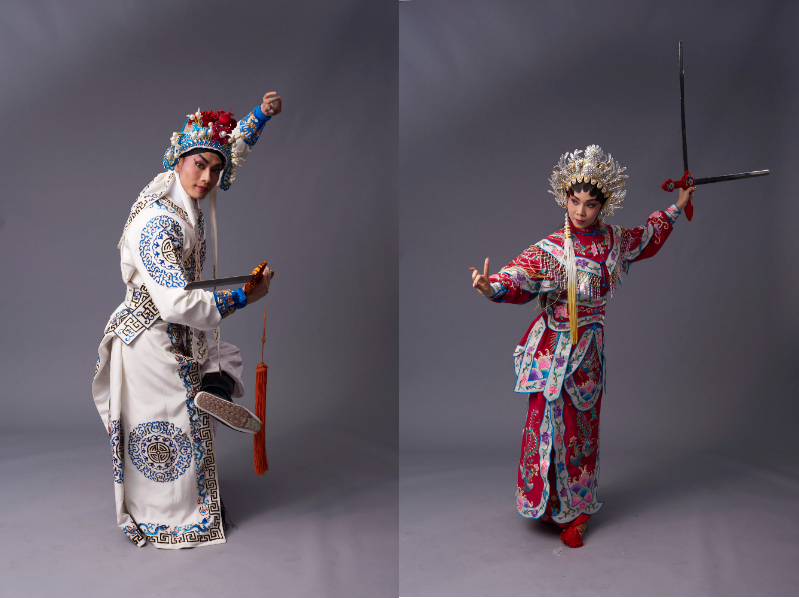
Cantonese Opera Creative Studio is a means to see trees for the forest. Through a small creative process and performance, three very special play excerpts are staged such that the creative team, the actors and audience can examine the artistic value of Cantonese opera from another perspective. In addition to revising the script to make the plot even more complete, we would also strengthen the narrative technique to bring traditional Chinese opera closer to the audiences of today.
Can you tell us some more about the programme this time?
The excerpts are selected from Cantonese operas of different eras, including "Hiding the Boat'' from The Butterfly Dream (also known as Incident in the Turtle Mountain), a traditional opera from the early period; "Peeking at the Drunk" and "Meeting at the Pavilion" from the signature work Red Pear Blossoms of Yam Kim-fai and Pak Suet-sin; and "Secret Vow" from new contemporary work Empress Dowager Xiaozhuang and Dargon. These excerpts are selected from different time periods and although all three works are love stories, each one of them is special in its own right, worthy of note for audiences. Take for example The Butterfly Dream, the focus will be on the physical performance of the actors. Red Pear Blossom is a classic by Tong Tik-sang, this time the focus will be on the presentation techniques of the characters. Last but not least, we have also invited Wai Chun-fai, renowned Cantonese opera artist who equally aspires to the innovation and reform of Cantonese opera. She will perform Empress Dowager Xiaozhuang and Dargon with Shirley Lin. In addition to having the conventional singing scenes, we will also make certain modifications to the plot, to present more dimensions of the story other than the love talk between the Empress Dowager and Dargon.
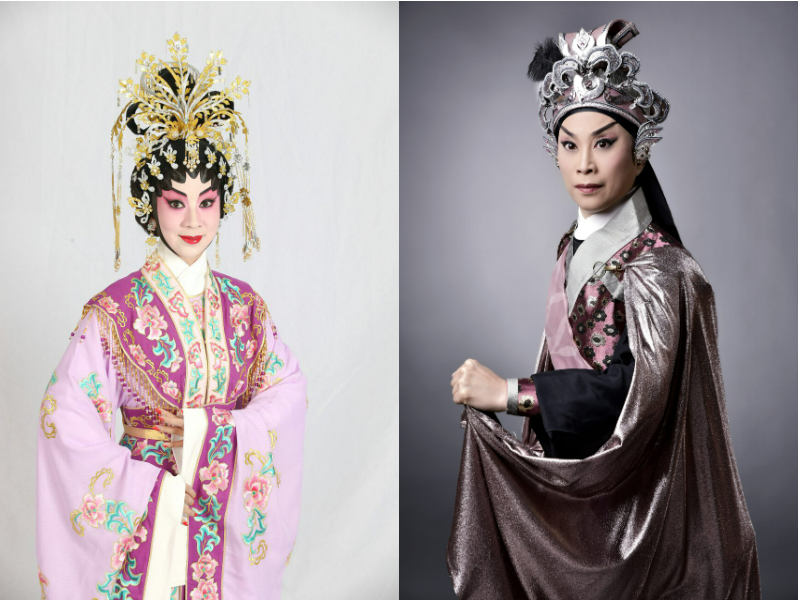
What are your expectations of the show this time?
Chinese opera is an art with a long history; however, having a long history does not mean that the art form has to remain in the past. Every art form must evolve with the times such that what is perceived as an "ancient" art can be revitalised, to attract new younger audiences. Inheritance cannot rely only on the actors on stage and the creative team backstage, we must develop the taste and vision of the audience too.
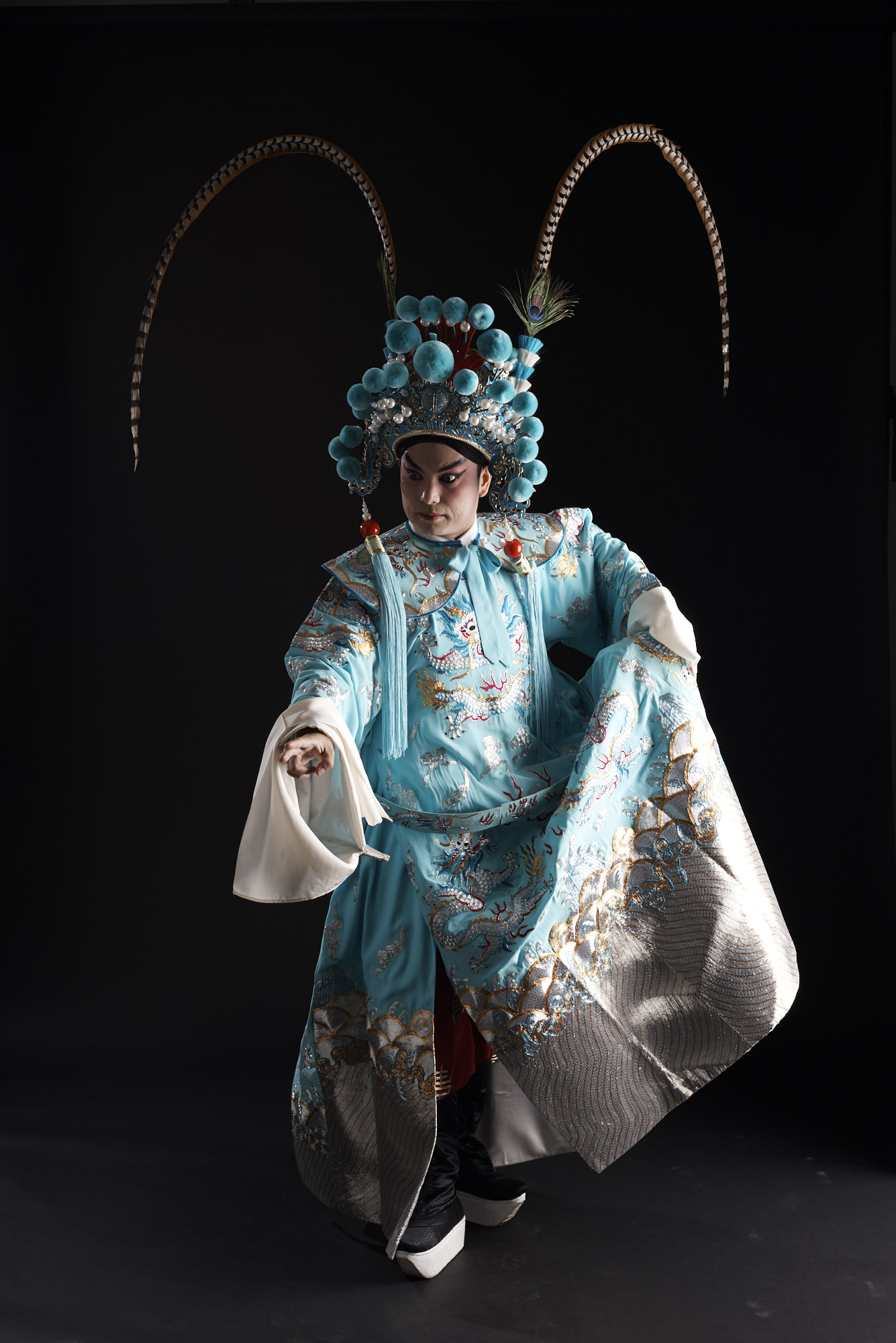
In terms of nurturing young actors and Cantonese opera innovation, what are your personal views?
The current development of Cantonese opera in Hong Kong is still pretty much entrenched in the system and performance format from the past. Not only that it is difficult to attract new audiences, the scope for actors to learn and progress is also relatively limited. If we want to carry on with a traditional art, we need to practice Creative Inheritance, that is to say actors should not merely imitate the acting and singing style of the veterans, but to assimilate the essences of their art and integrate them with their own personal style. Also, the creative team must not limit themselves to restaging traditional plays or the classics only, they need to explore more subject matters, to create new Cantonese opera works. Let's take Pavilion of a Hundred Flowers as example, although it is a signature play of Tong Tik-sang, our production is very much different from the original. We have revised the music, including the tunes and the songs according to the development of the story; even our costumes are specially designed according to the particularities of the characters. I am looking at the development of Cantonese opera from the perspective of modern theatre, I hope that through the collaboration of the director, the playwright, actors as well as the crew onstage and backstage, we can make the work even more flavourful as a theatre piece, to enhance the artistic as well as entertainment value of the work.
Text
Melody Lai
Melody Lai is an Assistant Editor
